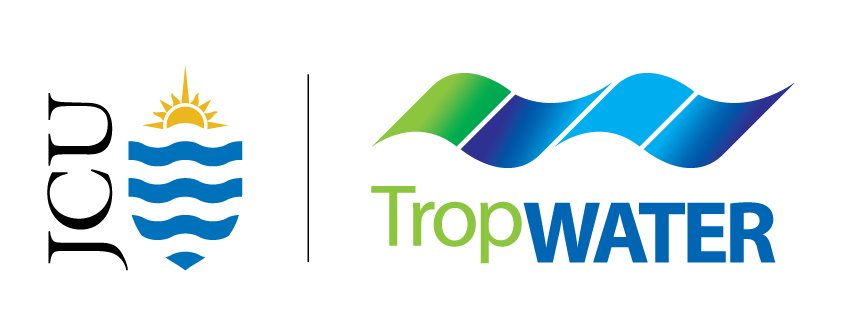Fish habitats
Native fish are vital to Australian waterways. They support ecosystem health and serve recreational, commercial, and cultural needs.
We monitor fish habitats and species in both freshwater and marine environments. This research monitors fish populations, tracks invasive fish species and helps understand fish communities.
We are using environmental DNA to understand the distribution of fish species, allowing us to identify structures that act as barriers to fish migration.
Using eDNA to detect barriers to fish in Australian waterways

Research, Monitoring
We closely monitor coral reefs around Great Barrier Reef islands to understand their condition. We assess the impacts of disturbances such as cyclones, floods, and coral bleaching, and help track the patterns of recovery following these events.
Long-term monitoring of coral reefs at inshore islands in the Great Barrier Reef Marine Park

Monitoring
Our rapid visual surveys mapped 3,500 km² of benthic fauna and seagrass in five reef lagoons of the Coral Sea Marine Park, leading to further research on potential fish nurseries in deepwater marine vegetation areas.
Reef lagoon benthic habitat mapping in the Coral Sea Marine Park

Monitoring, Research
Projects

Adam Smith
Adjunct Professor

Ahmed Gad
PhD student

April Hall
Senior Research Officer

Brendan Ebner
Senior Research Officer

Christopher Gillies
Adjunct Associate Professor

Eva McClure
Senior Research Officer

Gemma Galbraith
Senior Research Officer

Geoffrey Collins
Adjunct Research Fellow

Ian McLeod
Adjunct Professor

Katie Motson
Casual Research Worker

Kevin Kane
Adjunct Associate Professor

Kirsty Whitman
Research Worker

Maya Srinivasan
Principal Research Officer

Paul Marshall
Adjunct Professor

Samantha Tol
Senior Research Officer

Sofi Forsman
Master's student

Tim Smith
Senior Research Officer


